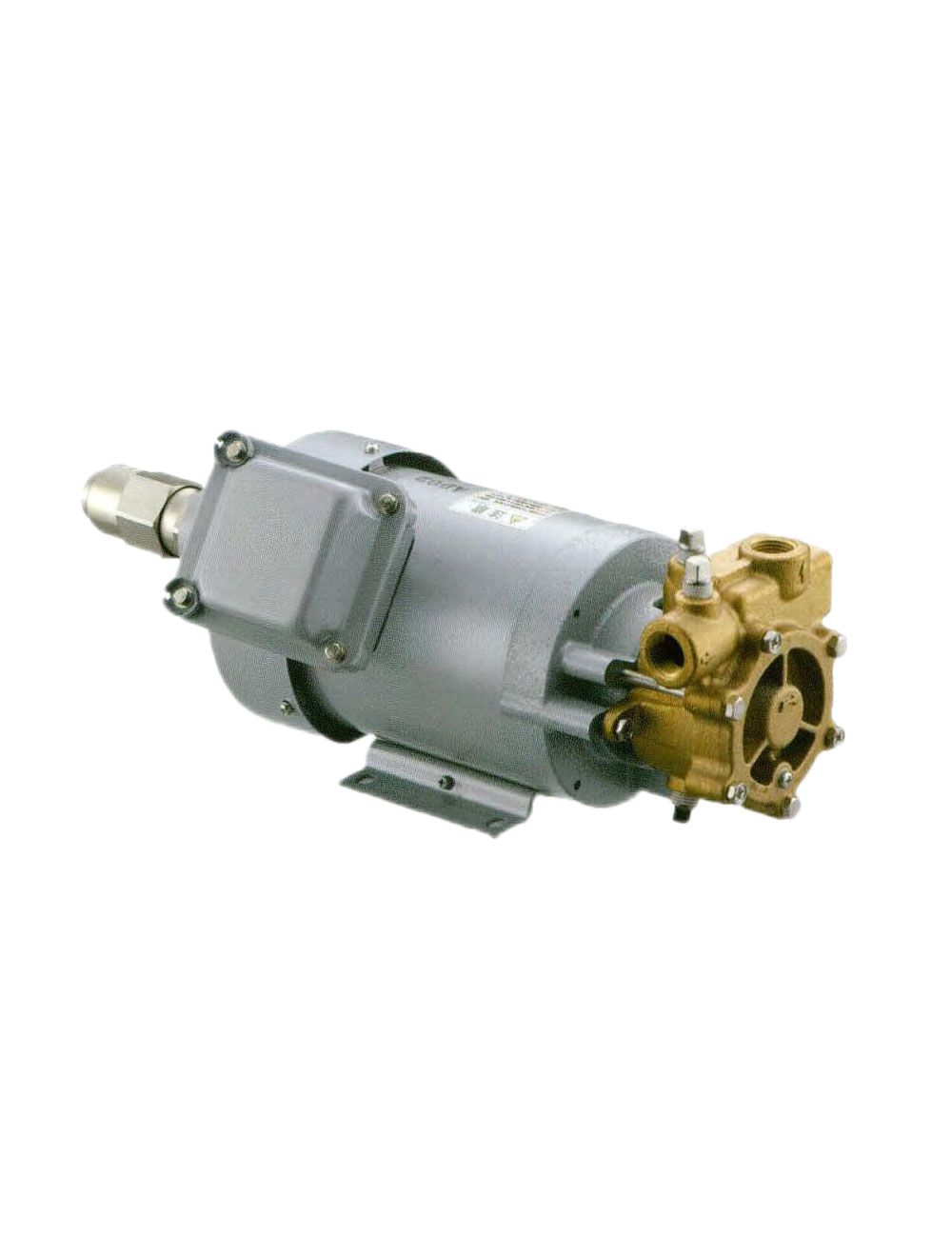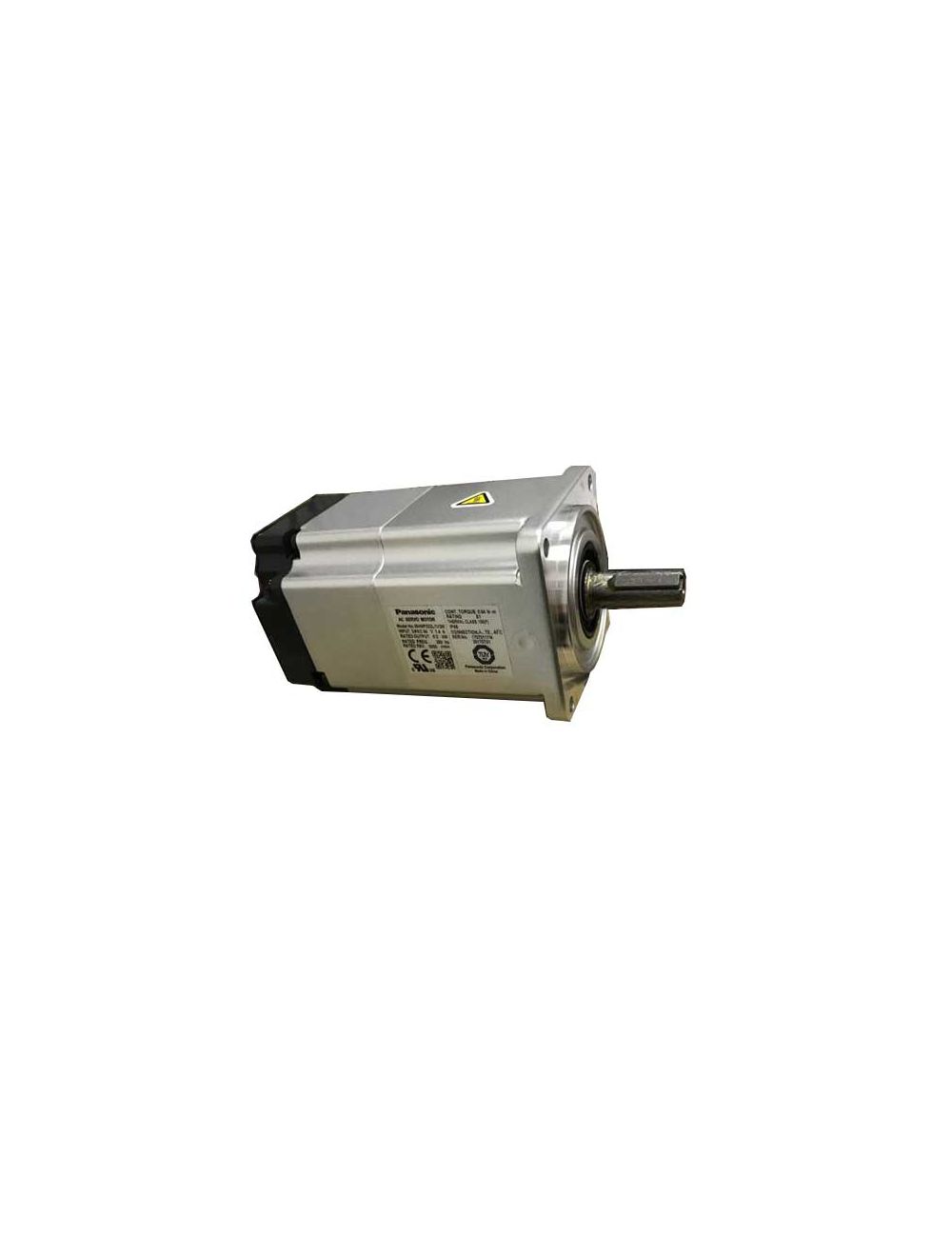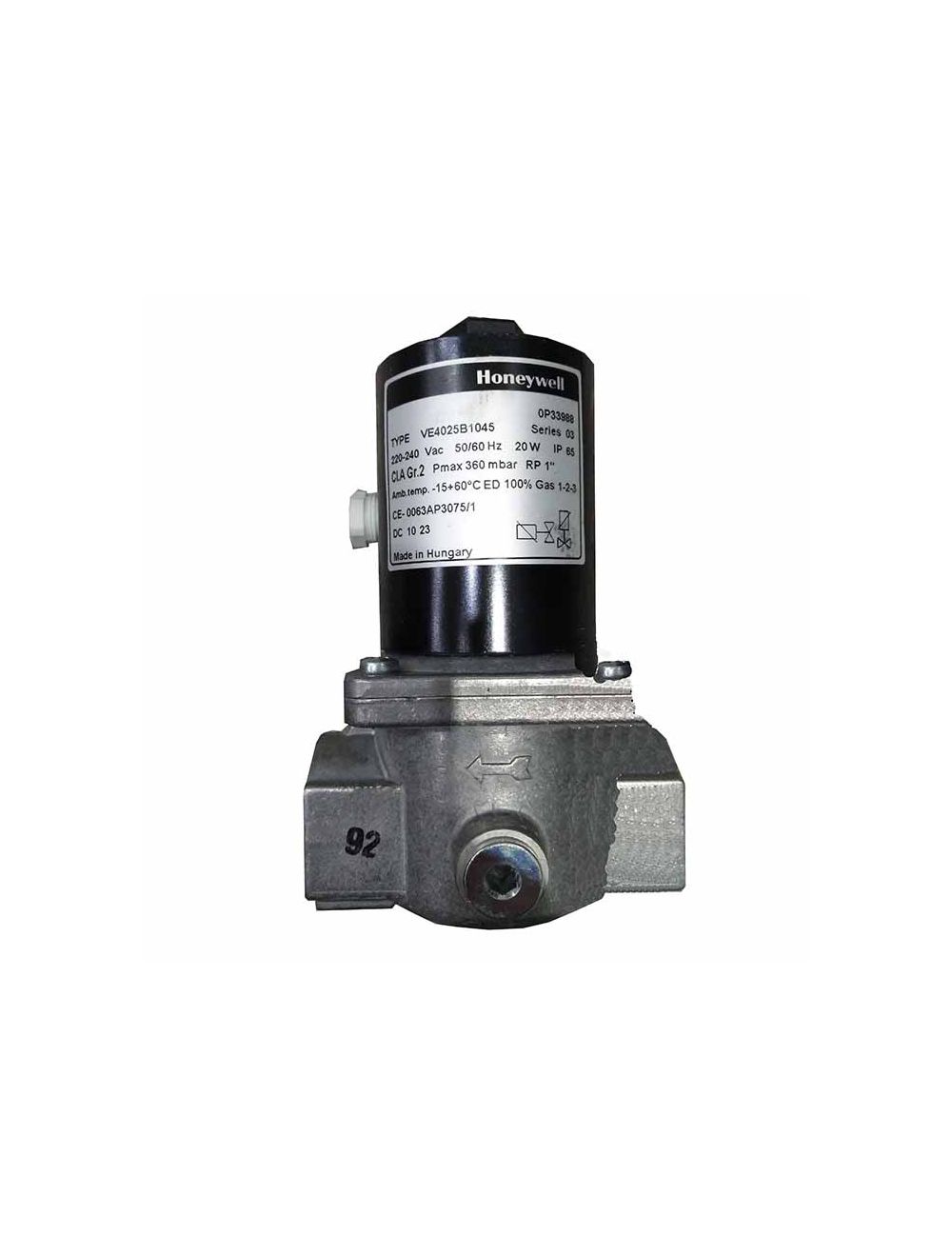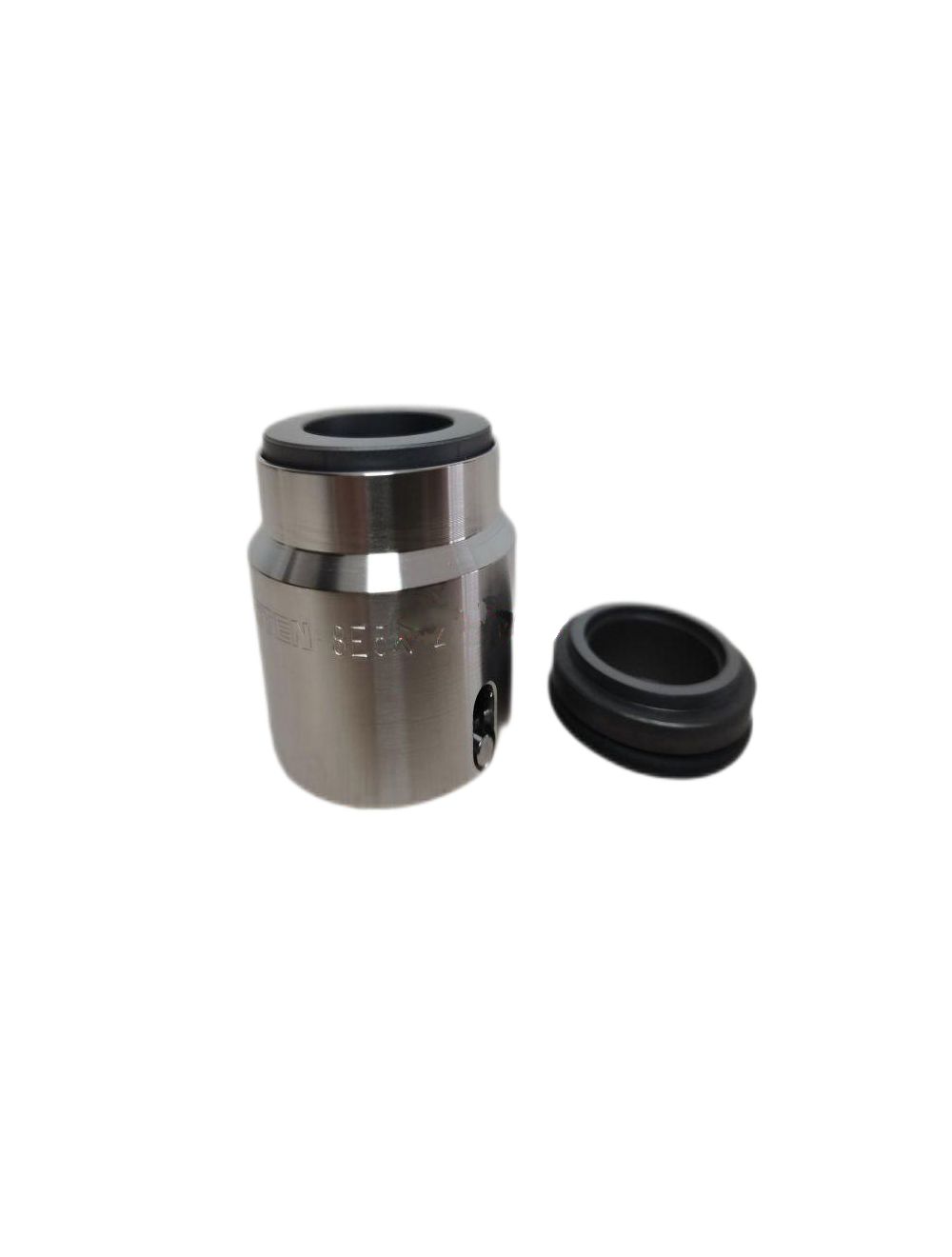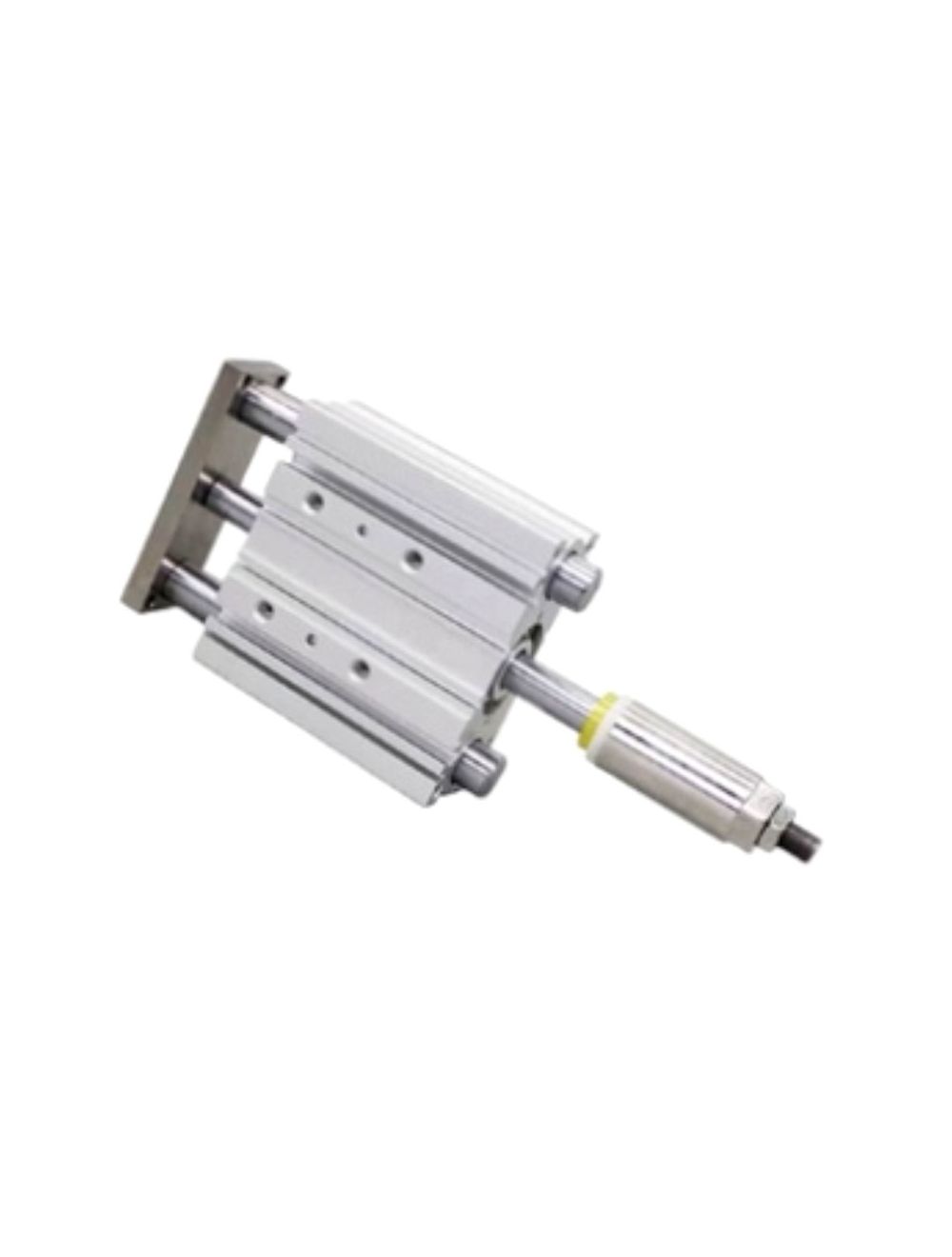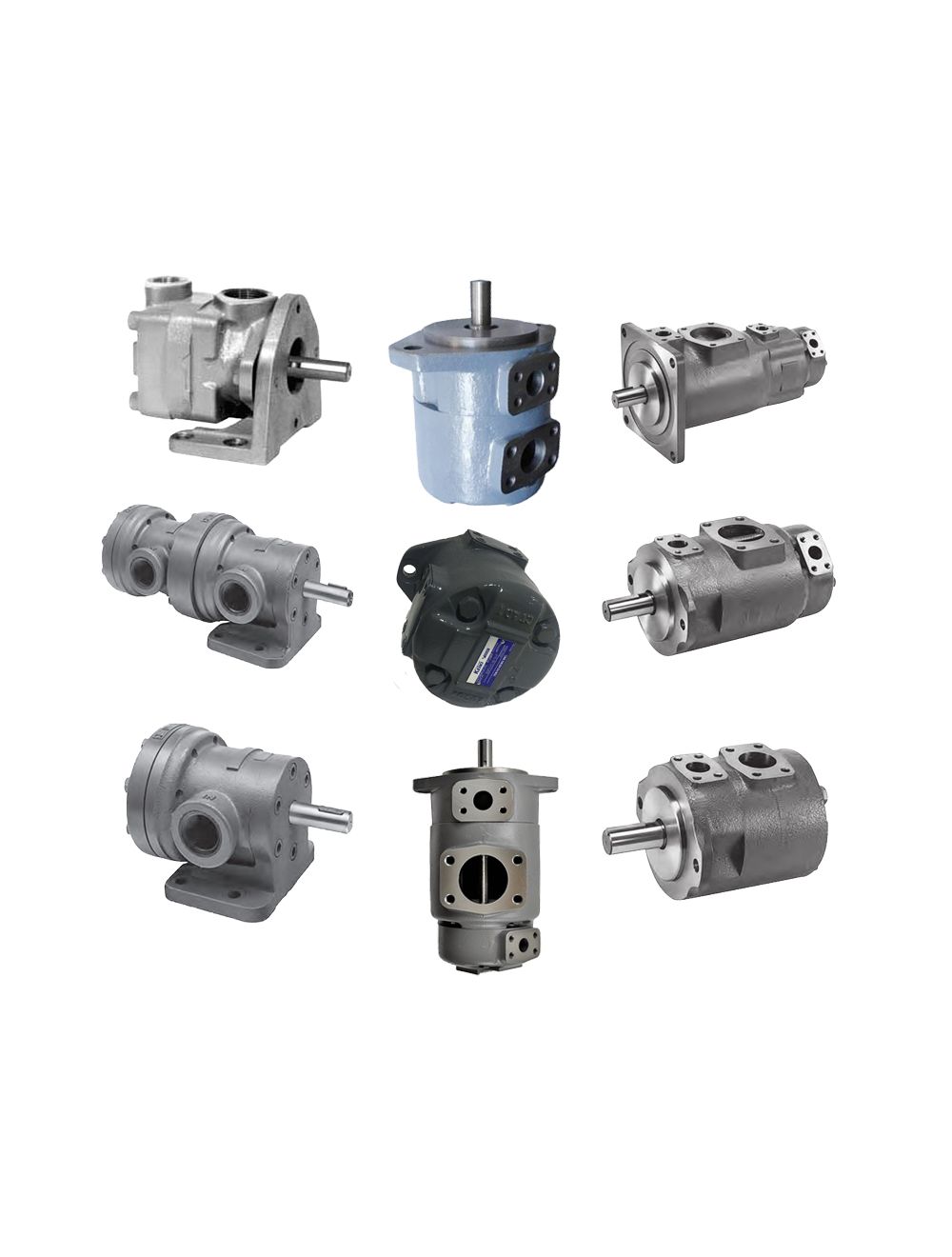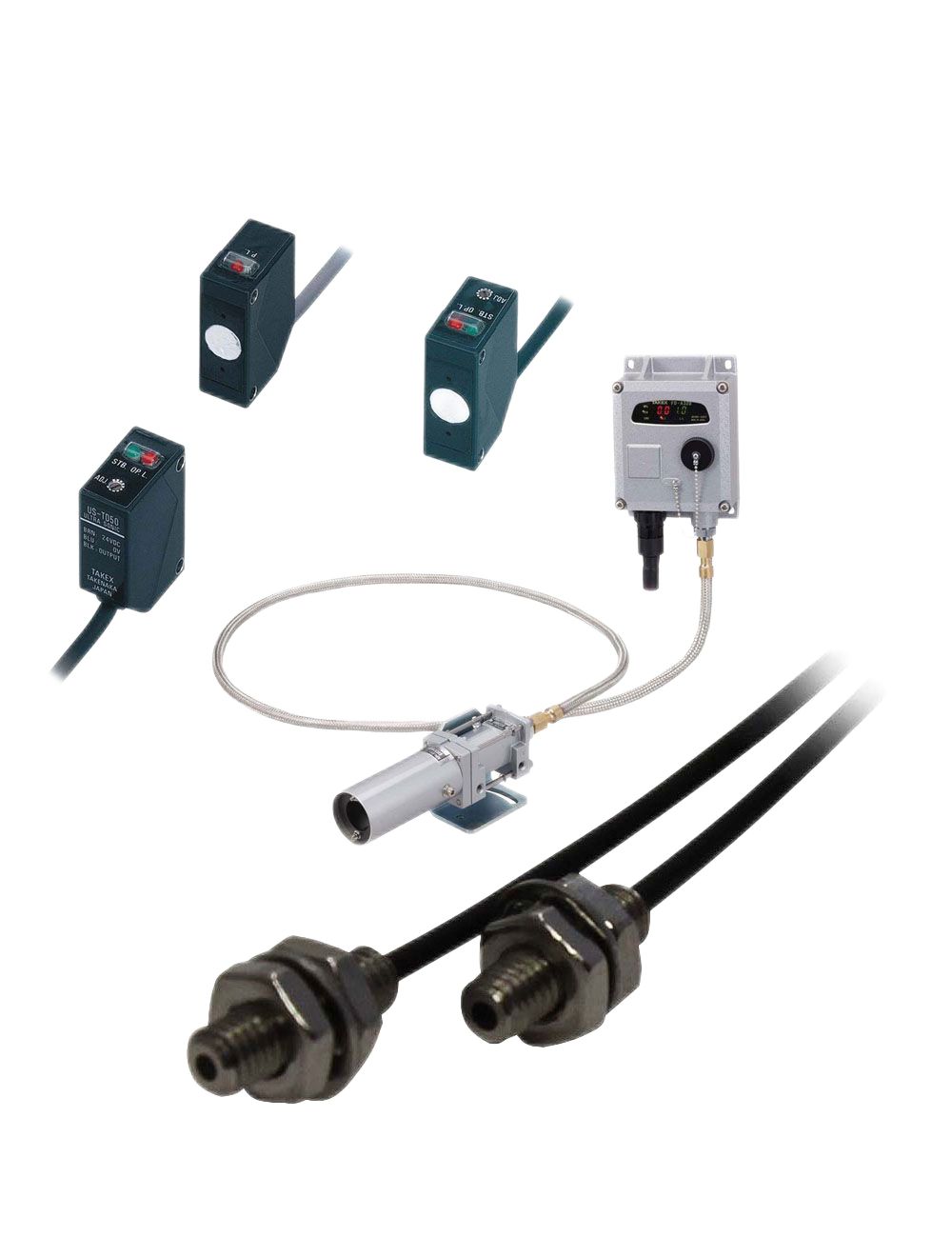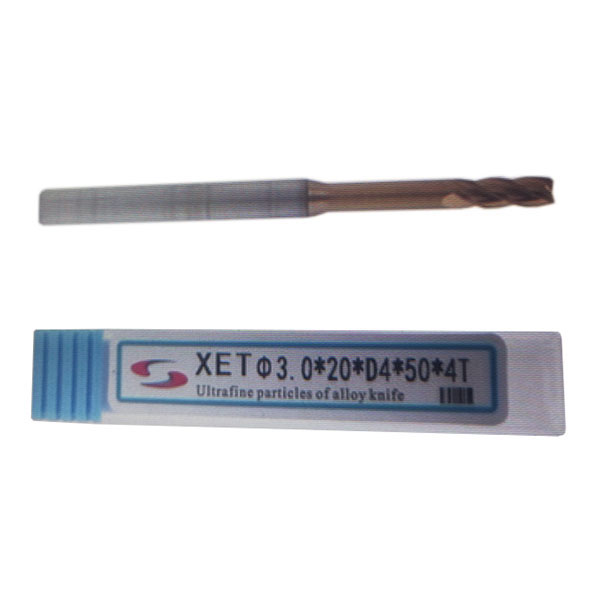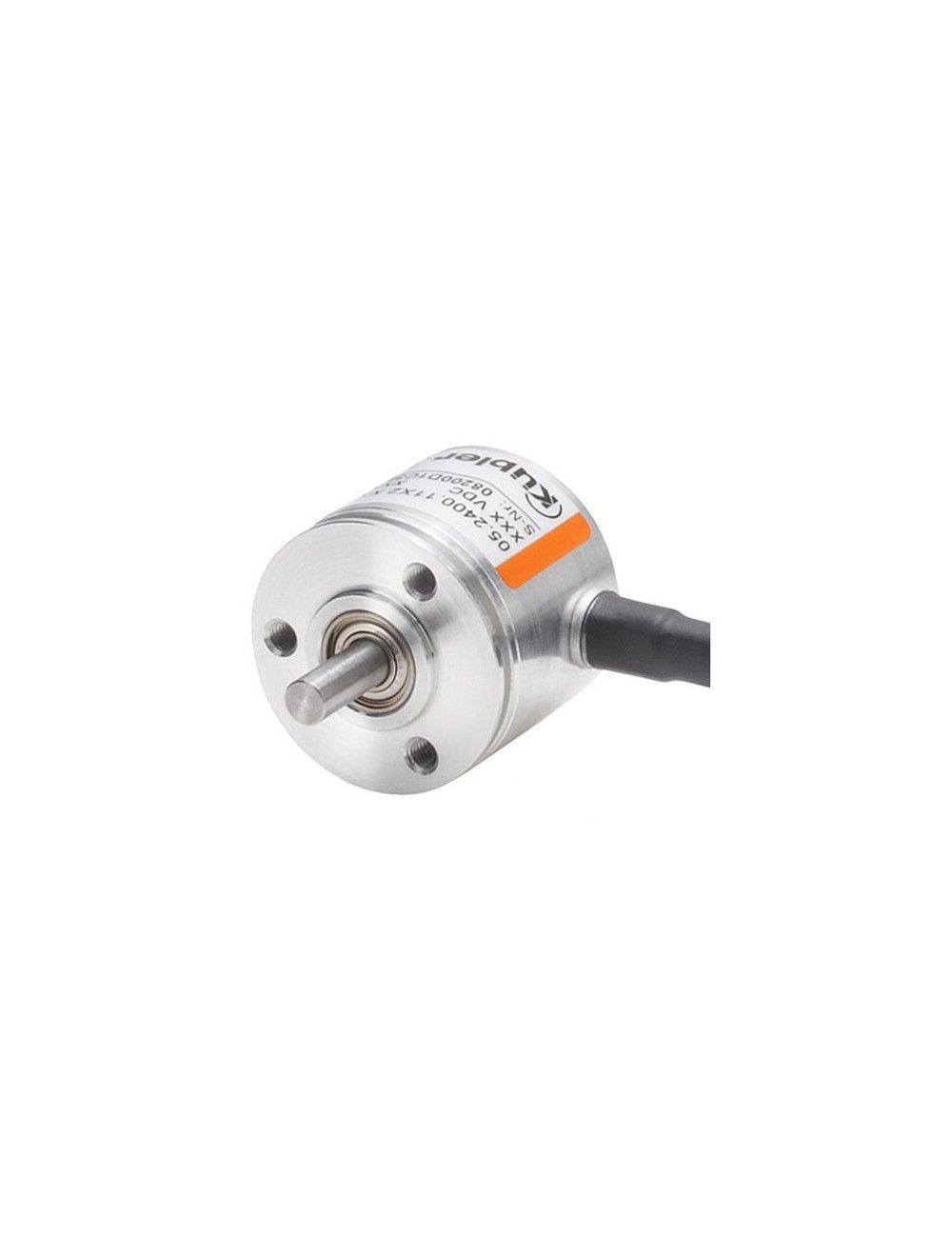
Figure 1: Air-source heat pump unit.
When it comes to cooling your home, you have two main options: a heat pump or an air conditioner. Both of these systems work to keep your home comfortable during hot weather, but there are some key differences between the two. In this article, we’ll explore the differences between heat pumps and air conditioners, and help you decide which one is right for your home.
1. What is a Heat Pump?
A heat pump is an HVAC system that can both heat and cool your home. It works by transferring heat from the air or ground outside your home to the inside of your home, or vice versa. During the summer, a heat pump works as an air conditioner, pulling heat from inside your home and transferring it outside. In the winter, it works as a heater, pulling heat from outside and transferring it inside.

Figure 2: Air-source heat pump diagram.
2. What is an Air Conditioner?
An air conditioner, on the other hand, is a system that only cools your home. It works by removing heat from the air inside your home and transferring it outside. During the cooling process, the air conditioner also removes moisture from the air, making your home more comfortable.
3. Difference between Heat Pump and Air Conditioner
3.1 Heat Pump vs Air Conditioner: Efficiency
One of the biggest differences between a heat pump and an air conditioner is their efficiency. Because a heat pump can both heat and cool your home, it’s generally more efficient than an air conditioner. This is because a heat pump doesn’t have to create heat or cool air from scratch – it’s simply transferring heat from one place to another.
In fact, according to the U.S. Department of Energy, heat pumps can be up to 50% more efficient than traditional air conditioning systems. This means that if you live in a climate with mild winters, a heat pump can save you money on both your heating and cooling bills.
Heat pumps also have the added benefit of being able to provide heating as well as cooling. This means that you can use one system year-round to maintain a comfortable temperature in your home. With an air conditioner, you’ll need a separate heating system to keep your home warm during the winter months.

Figure 3: Heat pump wiring diagram.
3.2 Heat Pump vs Air Conditioner: Cost
When it comes to cost, heat pumps are generally more expensive to purchase and install than air conditioners. However, as we mentioned earlier, heat pumps are more efficient than air conditioners, which means they can save you money on your energy bills over time.
If you live in a climate with mild winters, a heat pump can be a good investment because you’ll be able to use it for both heating and cooling. However, if you live in a climate with harsh winters, you may need to supplement your heat pump with a furnace, which can add to the cost.
3.3 Heat Pump vs Air Conditioner: Noise
Another factor to consider when choosing between a heat pump and an air conditioner is the noise level. The outdoor unit of a heat pump is also usually located further away from the house than an air conditioner, which can further reduce noise.
Air conditioners, on the other hand, can be quite loud, especially if the outdoor unit is located near a bedroom or other living space. If you’re sensitive to noise, a heat pump may be a better option for you.

Figure 4: Heat pump compressor.
3.4 Heat Pump vs Air Conditioner: Installation and Maintenance
Both heat pumps and air conditioners require professional installation and regular maintenance to ensure optimal performance. However, there are some differences in the installation process and maintenance requirements.
Because heat pumps provide both heating and cooling, they’re typically larger and more complex than air conditioning units. This means that installation can be more involved, and you may need to make modifications to your home’s electrical system to accommodate the new equipment.
In terms of maintenance, both systems require regular cleaning and filter replacement to ensure efficient operation. However, heat pumps also require periodic inspections of the refrigerant lines to check for leaks. If a leak is detected, the refrigerant will need to be recharged, which can be expensive.
4. Which is Right for Your Home?
Ultimately, the decision between a heat pump and an air conditioner will depend on your specific needs and circumstances. If you live in a moderate climate and want a single system for both heating and cooling, a heat pump may be the best choice. If you live in a hot, humid climate and need reliable cooling, an air conditioner may be the better option.
Before making a decision, it’s important to consult with a professional HVAC contractor who can assess your home’s needs and recommend the best equipment for your situation. With the right system in place, you can enjoy a comfortable indoor environment all year round while minimizing energy costs and reducing your environmental impact.
Related Info
How to Add Oil to Semi-Hermetic Compressor: A Step-by-Step GuideWhat is a Hermetic Compressor? Understanding the Basics
How Does a Scroll Compressor Work? Components, Principles, and Applications
What is a Water Source Heat Pump (with Water Source Heat Pump Diagram)
What is a Semi-Hermetic Compressor? Everything You Need to Know

